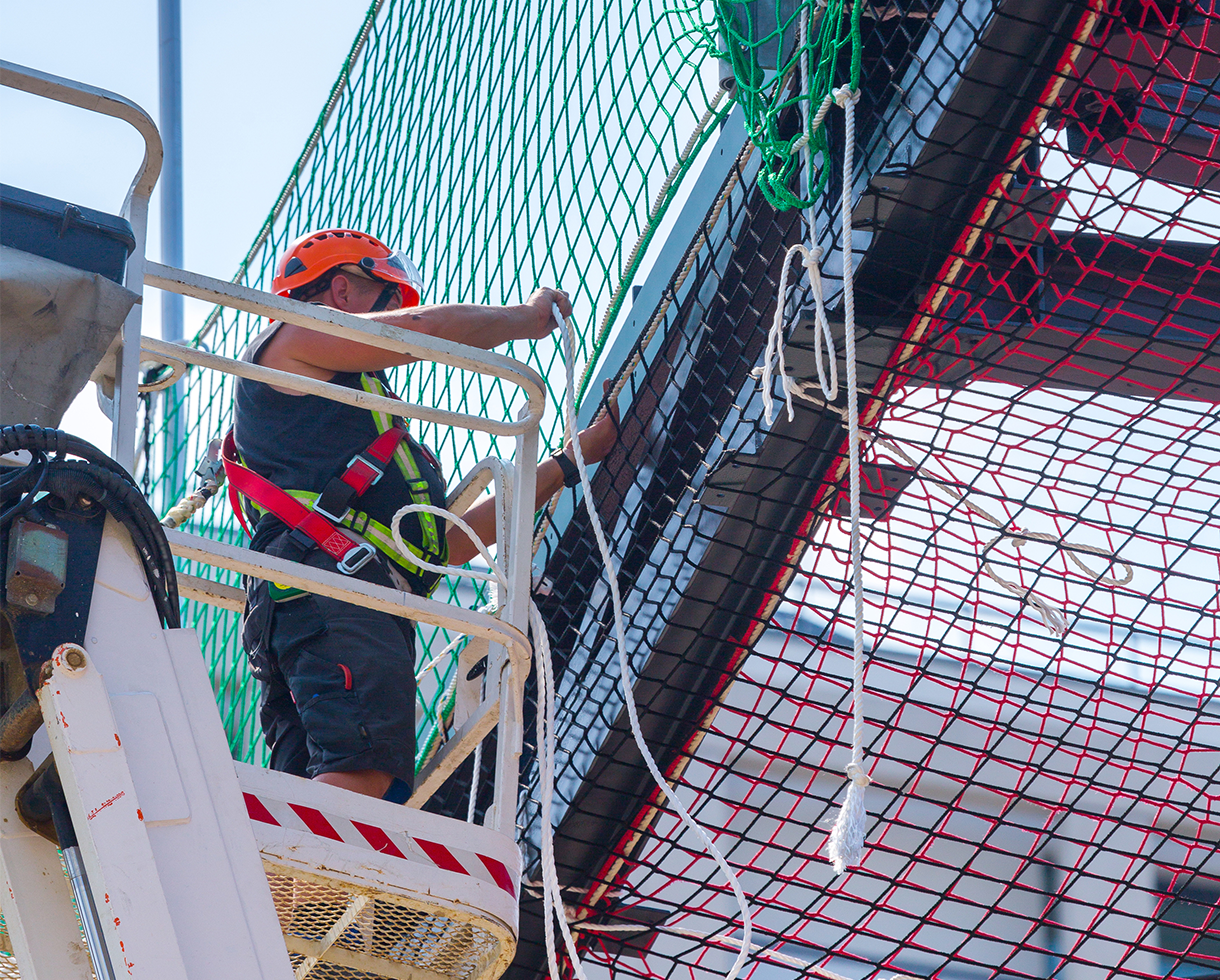The past few weeks have seen some significant milestones in the progression of the Building Safety Bill and the building safety agenda. Our Building Safety Unit looks at the key developments in this update.
Building Safety Bill completes Committee Stage
The Building Safety Bill completed the Committee Stage of its legislative process on 26th October, where the Bill underwent detailed examination by a cross-party committee of MPs.
Opposition and rebel backbench Conservative MPs proposed between them dozens of amendments to the Bill following legal advice commissioned by Labour, published over the summer, which found that the Building Safety Bill in its existing form would worsen rather than improve leaseholders’ circumstances, making it “more certain” they would bear the cost of the building safety crisis. This was coupled with a summer of protests as cladding campaign groups targeted developers’ sales offices and the Houses of Parliament to influence the outcome of the Bill in their favour.
Despite these amendments, there was little change to the Bill. Indeed, the only change was the introduction by the Government of a new clause that would create an offence where a new residential unit in a higher-risk building is occupied without a completion certificate having been issued in relation to it.
What’s next
The Bill’s next step will be its Report Stage, where MPs will have another chance to amend the Bill before it goes over to the House of Lords. The date for this has not been set, and it is understood that Michael Gove has ordered the Bill to be reviewed, with the view to improving it before it goes to the Lords. Given that the Government has no majority in the House of Lords it is likely that the Bill will be significantly amended there, so Ministers will want to make sure that they are happy with the Bill while it is still in the Commons.
Given that there are a number of backbench Conservative MPs who have introduced their own amendments to the Bill to support leaseholders, the Government will expect to see some rebellion on key aspects of the Bill.
In the meantime, a spokesperson for the Department for Levelling Up, Housing and Communities has stated that “building owners that do not make acceptable progress should expect further action to be taken” and that the new Secretary of State for DLUHC, Michael Gove MP, is “looking afresh at work in this area to ensure we are doing everything we can to protect and support leaseholders, and we will come forward with further measures in due course”.
Furthermore, the Government has recently confirmed that it was closely looking at the Polluter Pays Bill, which was drafted by an affected resident of the building safety crisis, Steve Day, and is being pushed forward by the Building Safety Crisis organisation. The Bill seeks to establish a statutory framework for the recovery of direct and indirect remediation costs from responsible parties including developers, contractors, designers and all those involved in the building process. With Mr Day having been invited to speak in front of the Building Safety Bill Committee on 14 September 2021, it is likely that the issue will be the subject of further debate during the Building Safety Bill’s Report Stage.
Whilst the date for Report Stage is yet to be announced, the Building Safety Unit will continue to monitor any Government announcements.
Housing, Communities and Local Government Committee Session with Secretary of State Michael Gove
The Secretary of State for Levelling Up, Housing and Communities, Michael Gove, was called in front of the Housing, Communities and Local Government Select Committee on Monday 8 November to undergo scrutiny of the ‘Works of the Department’ in 2021. During the session he touched briefly on the Building Safety Bill, telling the Committee that his Department was looking closely at the Bill to ensure that it is fit for purpose.
He was asked by committee member Bob Blackman MP about the lack of detail available on the cladding loan schemes (which relies on the implementation of the Building Safety Bill), to which Mr Gove responded that the Department is “taking a step back” to see whether it is a necessary way of dealing with the issue of leaseholders having to pay. He reiterated that leaseholders should not have to pay at all.
Furthermore, the following was said on building and fire safety:
- Mr Gove announced that the Government would revoke the Consolidated Advice Note which called on building owners to perform fire risk assessments on all blocks, regardless of height.
- Mr Gove reaffirmed that his Department was closely looking at the ‘polluter pays’ principle.
- He stated that waking watch patrols, were “not the only rip-off in the system”. He said that some companies now proposing to fix buildings, sometimes at a cost of over £100,000 per leaseholder, “have seen an opportunity to make money for themselves”.
- When asked by Labour MP Florence Eshalomi whether the Department has complete data on the number of buildings with non-ACM cladding and the number of buildings under 18 metres requiring remediation, Mr Gove admitted that “the Department has a good picture but not a perfect one”.
- Mr Gove stated his priority on building safety is to ensure a “fair assessment of risk”. He argued that the real level of risk on some buildings is less than had been feared, but the assessment that has been made has left leaseholders with an excessive burden. He stated that it is important to be clear what is ‘high risk’, what is ‘low-risk’ and be clear on who should pay.
- When asked by Bob Blackman why developers should have to pay for remediation if they met the pre-Grenfell regulations, which have now changed, Mr Gove said that “developers and construction manufacturers who deny wrongdoing are themselves wrong” and that, at the very least, developers need to ask whether they were seeking to reduce costs in a way which was unsafe.
Read our recent report on the building safety crisis
It is increasingly apparent that the challenge of ensuring building safety is a complex and difficult task. Retrospective changes are now being made to thousands of buildings, but defining the technical solutions are not straightforward and neither are the complex interactions between the builders, the freeholders and the leaseholders.
For the wider housebuilding market, this challenge is significant. Our recent report shows the extent to which consumer confidence has been knocked by the crisis; what impact that could have; and how developers have an opportunity to restore confidence by demonstrating a proactive approach to fire and building safety.
Key findings include:
- Nearly half of GB adults (49%) reported that the issue of cladding in the wake of the Grenfell fire has affected public confidence in new build housing.
- 68% of GB adults are more likely to buy a new build apartment where the building’s developer has taken steps to proactively fix fire safety defects in other buildings.
- 71% of GB adults feel that the UK Government could have done more or did not do enough to ensure the removal of flammable cladding from other residential buildings.
- The over-65s are the least confident in the new build housing market, and are increasingly critical of the Government’s attempt to tackle ongoing fire and building safety issues. Could the Bank of Mum and Dad be about to stop lending?




